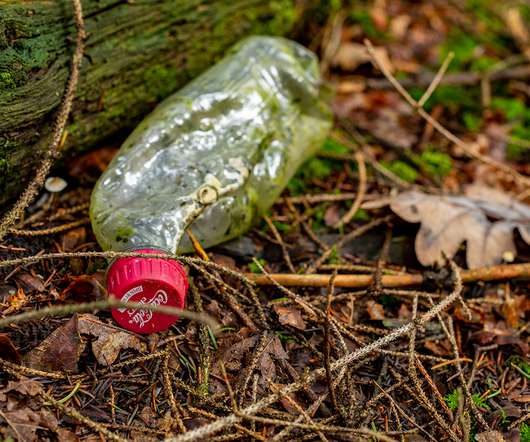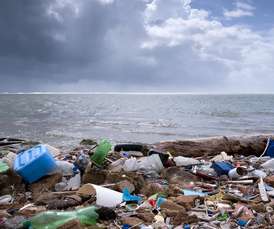Plastic pollution is growing relentlessly as waste management and recycling fall short, says OECD
Envirotec Magazine
FEBRUARY 22, 2022
The world is producing twice as much plastic waste as two decades ago, with the bulk of it ending up in landfill, incinerated or leaking into the environment, and only 9% successfully recycled, according to a new OECD report. Almost half of all plastic waste is generated in OECD countries, according to the Outlook.


















Let's personalize your content